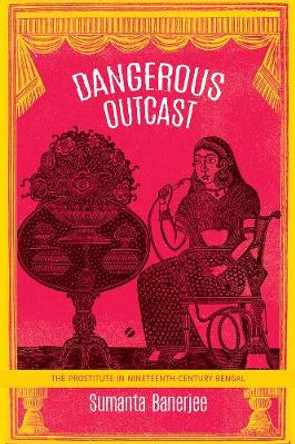Description
The nineteenth century witnessed a discursive explosion around the subject of sex. Historical evidence indicates that the sexual behaviour which had always been punishable began to be spoken of, regulated, and policed in new ways. Prostitutes were no longer dragged through the town, dunked in lakes, whipped and branded. Medieval forms of punishment shifted from the emphasis on punishing the body to punishing the mind.
Building on the work of Foucault, Walkowitz, and Mort, Linda Mahood traces and examines new approached emerging throughout the nineteenth century towards prostitution and looks at the apparatus and institutions created for its regulation and control. In particular, throughout the century, the bourgeoisie contributed regularly to the discourse on the prostitution problem, the debate focusing on the sexual and vocational behaviour of working class women. The thrust of the discourse, however, was not just repression or control but the moral reform - through religious training, moral education, and training in domestic service - of working class women.
With her emphasis on Scottish 'magdalene' homes and a case study of the system of police repression used in Glasgow, Linda Mahood has written the first book of its kind dealing with these issues in Scotland. At the same time the book sets nineteenth-century treatment of prostitutes in Scotland into the longer run of British attempts to control 'drabs and harlots', and contributes to the wider discussion of 'dangerous female sexuality' in a male-dominated society.
Book Information
ISBN 9780415752572
Author Linda Mahood
Format Paperback
Page Count 212
Imprint Routledge
Publisher Taylor & Francis Ltd
Weight(grams) 317g








